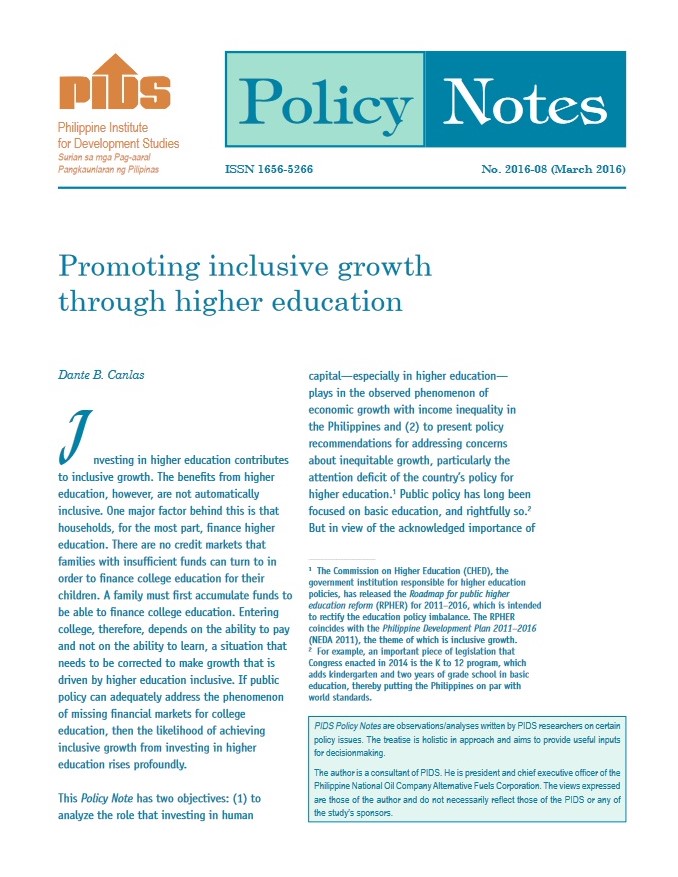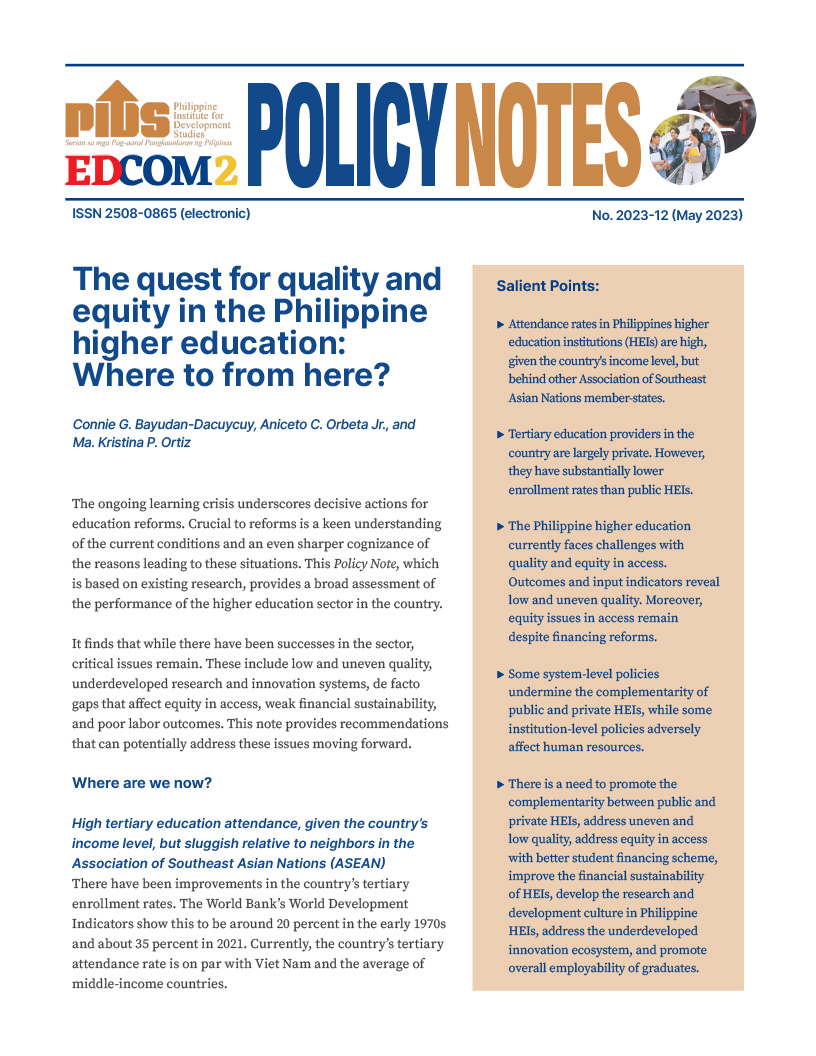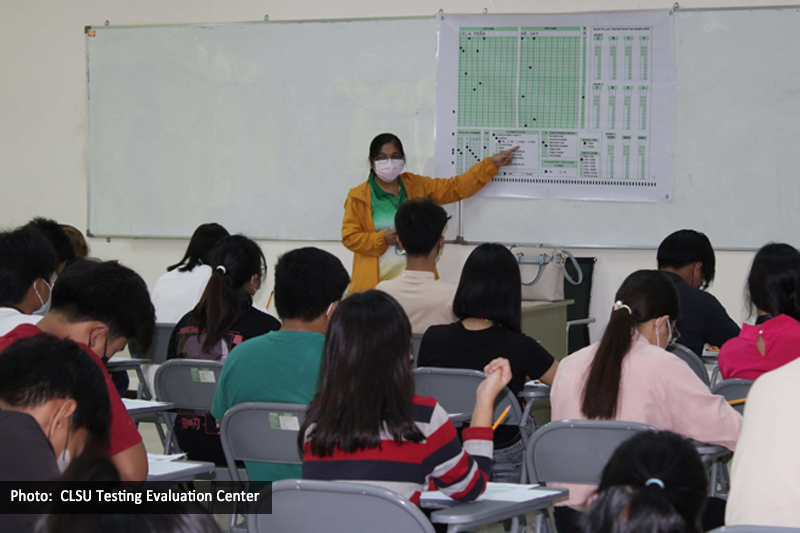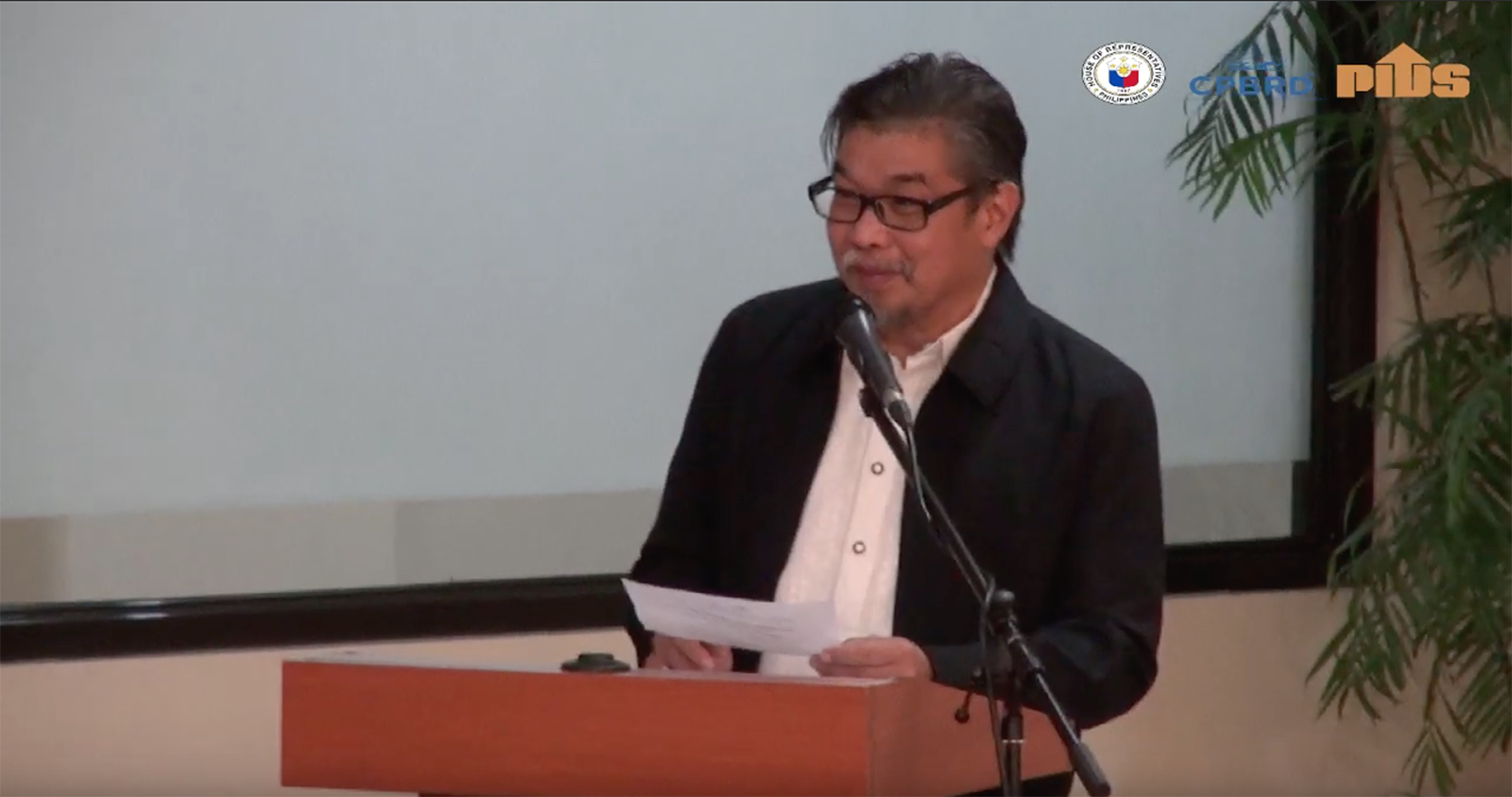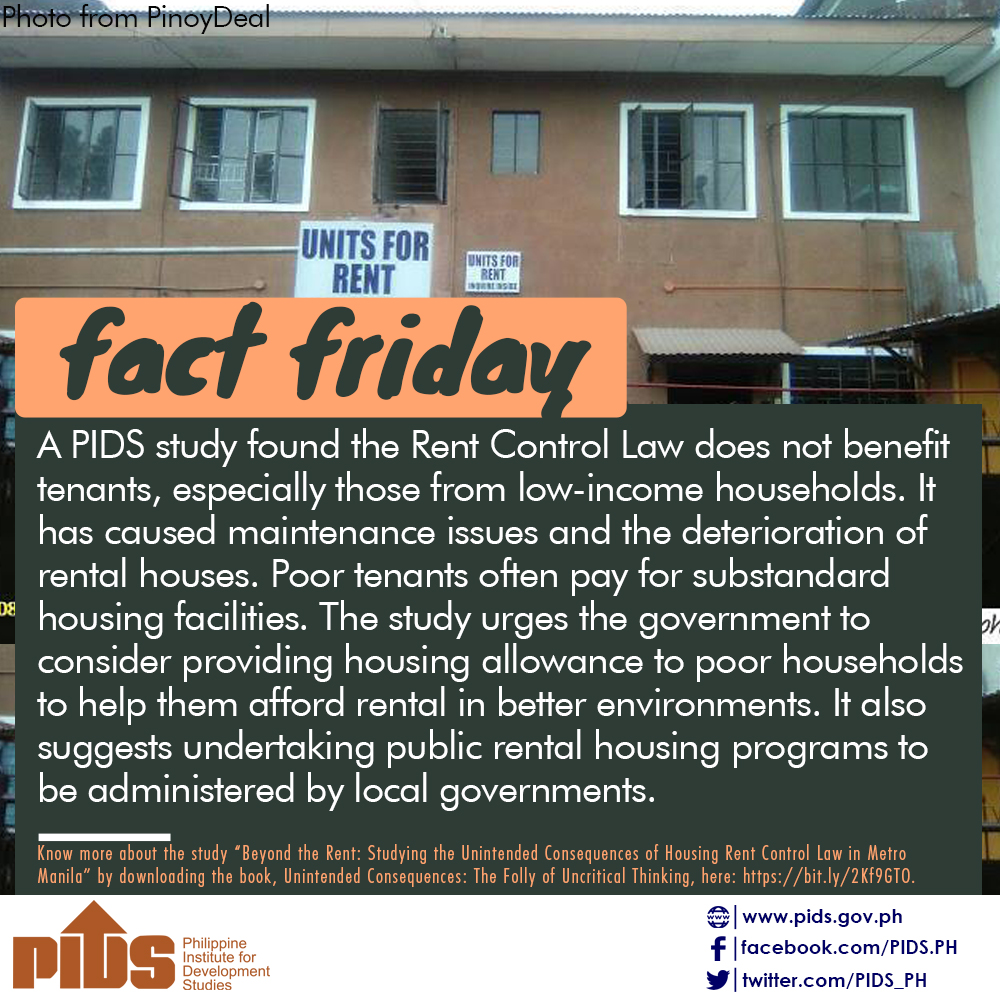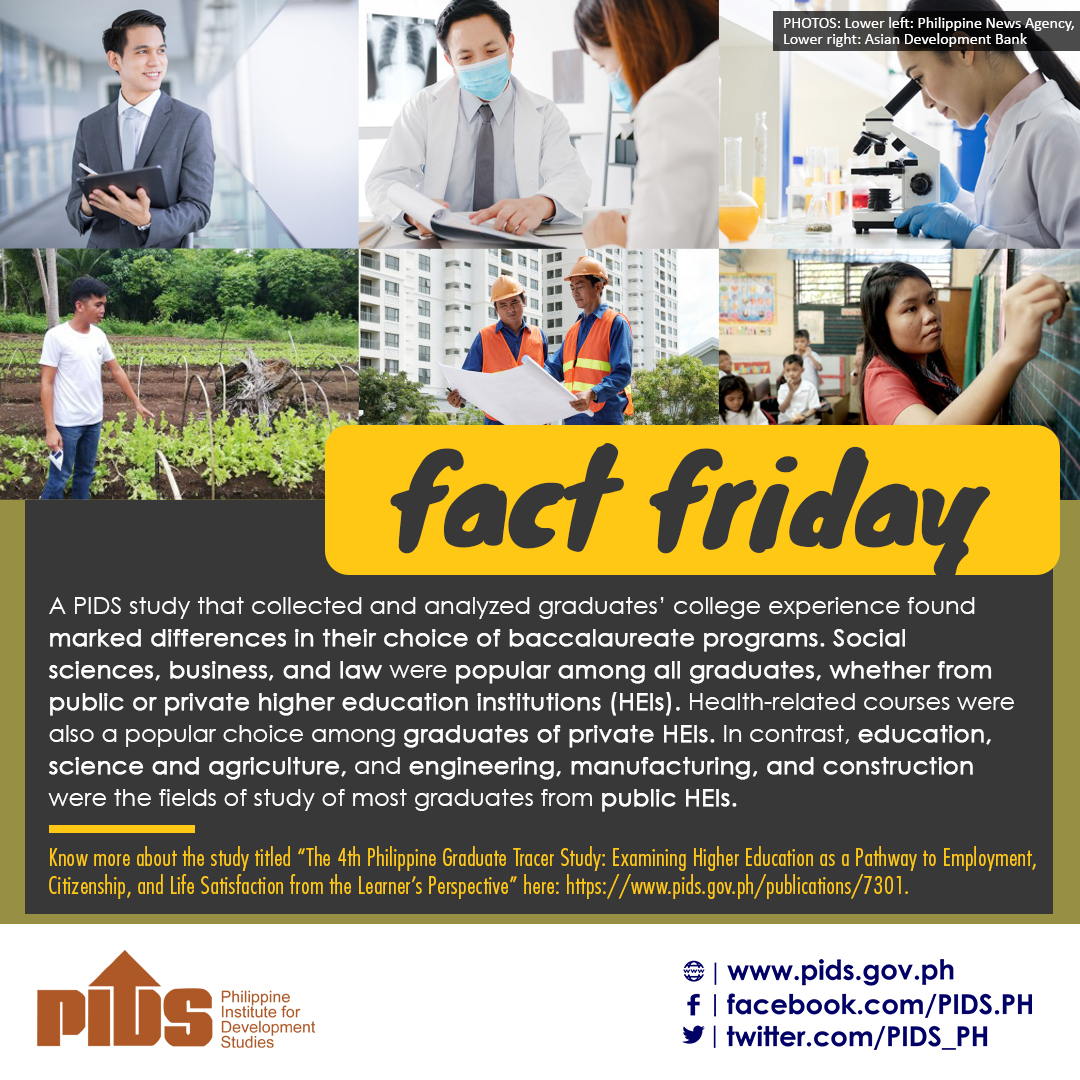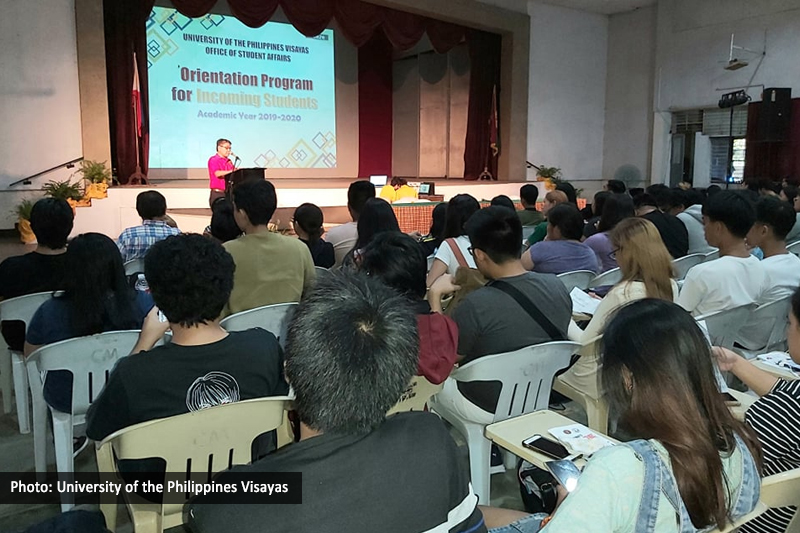
The Universal Access to Quality Tertiary Education Act (RA 10931), initially praised for expanding access to higher education, is drawing scrutiny for its unintended consequences on private higher education institutions (HEIs) and its broader impact on the country’s economic future.
Research by the Philippine Institute for Development Studies (PIDS), presented during a webinar on July 17, found that while the law led to a surge in enrollment at HEIs, it has also exacerbated the decline of private institutions—a sector that still forms the majority of the country’s academic landscape.
“Close to 200 private HEIs have already closed down, and about 53% of institutions in the country enroll fewer than 1,000 students,” said University of Makati President Elyxzur Ramos. “How can these schools survive financially if they rely solely on tuition fees?” he added.
From 2009 to 2019, enrollment in public HEIs grew by 4% annually, while private HEIs saw a meager 0.8% increase, said PIDS Senior Research Fellow Dr. Connie Bayudan-Dacuycuy.
“The share of private HEIs declined from 79% in 2009 to 72% in 2019,” she noted.
These trends point to a growing imbalance. While free tuition has made education more accessible, it has also redirected enrollment away from private HEIs, putting their financial viability at risk.
The study also flagged the vulnerability of local universities and colleges (LUCs) due to political cycles.
“Every three years, local elections bring new leadership. If a new mayor is not aligned with the previous administration, support for LUCs may vanish,” Ramos said.
Beyond political and financial vulnerabilities, HEIs also face structural challenges that hamper their broader role in national innovation, particularly in sectors like agribusiness.
PIDS Senior Research Fellow Dr. Francis Mark Quimba said that while HEIs are positioned as “knowledge-sharers, conveners, innovators, and trainers,” institutional barriers prevent them from delivering.
“Rigid procurement laws hinder HEIs from engaging with industry partners, and civil service rules discourage faculty from external collaboration,” Quimba said.
To address these issues, Bayudan-Dacuycuy suggested replacing the blanket free tuition model with a voucher system that would give students more choices and promote healthy competition between public and private HEIs.
“The government could implement a voucher system, allowing qualified students to choose their schools and programs,” she said.
“It would enhance complementarity between public and private HEIs and address perceptions of policy bias favoring public institutions,” she added.
Meanwhile, Ramos called for legislative reform through the passage of “an LUC Governance Act to provide fiscal autonomy and ensure continuity of support,” thereby protecting institutions from local political turnover.
Bayudan-Dacuycuy stressed the importance of financial sustainability and long-term planning in higher education reform.
“Financial sustainability is critical for the survival of HEIs, yet it is rarely addressed in national documents,” she said.
Chief Economic Development Specialist Yuko Lisette Domingo of the Department of Economy, Planning, and Development (DEPDev) backed the recommendations, saying reforms must align with national goals.
“Many of the recommendations align with strategies in the Philippine Development Plan. Yet, we need a comprehensive roadmap for the higher education sector and a culture of foresight among leaders in government and HEIs,” Domingo said.
She cited strategies like strengthening regional university systems and promoting transnational education to attract international students.
In Central Visayas, DEPDev Region 7’s Chief Economic Development Specialist, Neil Andrew Menjares, shared ongoing efforts to connect research with agribusiness through the Agriculture and Fisheries Research and Extension for Development Network.
“Moving research from development to utilization remains a hurdle, not just in agriculture but across sectors,” Menjares said.
Without strategic reforms, experts warned that the Philippines risks undermining the very system tasked to fuel its 2040 economic ambitions.
Watch the dialogue’s playback at https://bit.ly/pidslive071725, or read the studies at https://bit.ly/pidsdp2024-24 and https://bit.ly/pidsdp2024-25. — MJCG


